Atlanta Heat Action Plan: Combatting the Health Impacts of Extreme Heat with a Justice Lens
By Clare McCarthy 23C, 24PH, Environmental Sciences and Community Building & Social Change
Rising global temperatures due to climate change will disproportionately impact cities, like Atlanta, Georgia, because of an exacerbated urban heat island effect. Increasing heat in cities poses an inequitable burden on the health of vulnerable groups, like low-income populations. City and county stakeholders across the world have developed heat preparedness initiatives to protect the health of their populations, but Atlanta does not have any heat action plan in place. Given the health threat of rising heat in Atlanta, what is the heat action plan that can best protect the health of low-income residents from heat?
The Looming Threat to Food Security
By Lauren Balotin, ’19C, Environmental Sciences and Media Studies
The adverse effects of climate change on food security and malnutrition are growing. Millions of individuals could face physical, emotional, and cognitive hardships due to undernutrition, or deficiency of energy, protein, or essential vitamins and minerals. As the effects of climate change become increasingly clear, the search for appropriate methods of mitigation and adaptation is reaching a critical stage.
More Voice for Indigenous Communities
By Claire Barnes, ’19C, Religion
Although the United Nations created a platform for indigenous peoples and local communities to get involved in climate change negotiation, the UN has had a history of acting slowly on decisions regarding these communities that only have observer status. If the platform is not broadened, climate policy will lag behind indigenous knowledge, and the UN will create culturally irrelevant policies regarding these communities. Indigenous peoples are often the first to be affected by climate change, but they remain excluded within the highest levels of negotiations.
Negotiating in an English-dominated World
By Orli Hendler, ’18C, Linguistics and Sustainability
The English language dominates world climate negotiations and creates issues of comfort, fluency and power balance among delegates speaking other languages. Those communicating in a second language may be unable to negotiate effectively or achieve a higher status generally. For those who speak English as a second language, communication in their native languages may find themselves constricted by a limited vocabulary, additional time and effort to write proposals, and frustrations in expressing themselves fully.
The Future of Climate Change Migration
By Aspen Ono, ’18C, Environmental Sciences and International Studies
In 1990, the Intergovernmental Panel on Climate Change (IPCC) predicted that human migration would be the single greatest impact of climate change (IPCC 1990). Yet the academic community nor global political networks have yet to reach a consensus on how to identify, govern and protect individuals displaced by environmental disasters.
A Level ETS Playing Field in China
By Ken Wakabayashi, ’18C, Chemistry and Environmental Sciences
China, one of the world’s largest emitters of greenhouse gases, has developed a national emissions trading system (ETS) to promote adjustments in their industry and energy infrastructure and help meet national commitments to reduce carbon dioxide emissions. The government needs to establish sound policy for the ETS, which will be the world’s largest, and encourage competition and ensure an equal playing field for the market system.
EU Renewable Energy and Shared Policy
By Zola Berger-Schmitz, ‘18C, Music and Environmental Sciences, and Cassidy Schwartz, ‘18C, Environmental Sciences and International Studies
The European Union (EU), a cooperative federalist system, stands to expand its renewable energy section by member states sharing policy initiatives. This process of borrowing policy approaches to achieve similar outcomes is called diffusion. Learning from each other could be the best way forward for the EU to cut costs and grow renewable energy to contain climate change.


